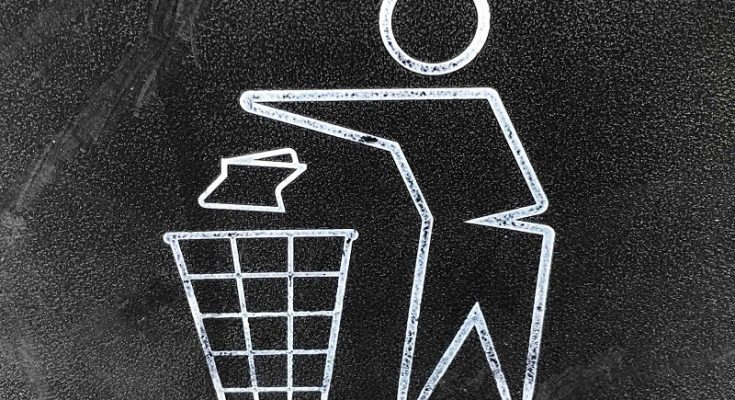
Whether it’s prescription, generic, or any other medicine you have in your cabinet, having storage full of them is common in every household. It could even be either expired or unused, and you have them lying around your medical cabinets. Regardless of the reason you are chock full of them, there is no excuse for you to dispose of them without any thought improperly.
You may be thinking that since they are expired, they are not harmful in any way. That’s where you’re wrong. So how are you going to dispose of them? It’s easy, but before we get into that, let’s talk about why it is essential to dispose of your unused or expired medicines properly.
Accidental Consumption
One of the main reasons that you should always properly dispose of your expired medicine is to avoid the possibility of taking them accidentally. But what exactly is the harm of taking an expired medication? Most drugs lose their potency over time, which means that an expired medicine might not be able to help you with your condition thoroughly.
You might be thinking that it’s not that important. It could be if the medicine is for common conditions like colds or coughs. But what if you have a more serious medical condition like a heart problem? When you need to take medicine, it won’t be as effective and might put you in a pinch.
Not only that, but expired medicine is at risk of bacterial growth. Also, sub-potent antibiotics can fail to treat infections, which might lead you to more severe diseases or make the condition much worse than before.
Not only that, some antibiotics, when they expire, can become toxic to the body once they degrade. However, it would be best if you also considered that other people might also make contact with your improperly disposed drugs.
Say, for example, that the doctor prescribed you some opioids. When it comes to the point that there are some excess opioids and you improperly dispose of them, some other people can consume them either by accident or purposefully.
Environmental Safety
It’s not only other people who can get harmed improperly by medicine but also the environment. Things like landfill issues or water poisoning are some of the most common problems.
Flushing alone via the toilet or sink can risk the medicine going back to the local water system. In research done back in 2008, it was discovered that there are some traces of a plethora of medications in surface, ground, and even drinking water.
Yes, these traces are small, but they are significant enough to cause fish abnormalities that can get consumed by people. The worst part is that our water technology is not advanced enough to remove these traces of medications from the water.
Here are some ways to efficiently dispose of your unused or expired medicines.
- When you buy prescription medicine, they come with prescription drug labeling that tells you how to dispose of the drug properly. They are certainly helpful if you are unsure of how to dispose of them properly; under no circumstances should you flush down the medicine in the toilet unless the labeling tells you to do so.
- However, suppose the medicine doesn’t come with patient information. In that case, you can go to your nearest pharmacy, local police station, or your community center if they have drug take-back programs ongoing. Also, take note that government agencies also run programs like these, so you might want to check if your community also runs those programs.
- But if both patient information and collection options are present, you can take matters into your own hands. First, you should remove all personal information in the labeling and cover the drug’s details with a marker or something. Or you can just altogether remove the label. After that, you can mix the drugs with any undesirable substances like dirt, coffee grounds, kitty litter, or anything of the sort. You can then place this mixture in a sealed container and put them in the trash, along with the original container of the medicine. But why is this important? This is to prevent anyone from using these drugs for other purposes completely. This is especially true for drugs that can get someone addicted to them, like opioids and painkillers.
- You can also outright ask your pharmacist or doctor for some tips on how to dispose of your medications properly. As medical professionals who know a lot about medicine, especially pharmacists, they should know how to dispose of these medications to protect the people and the environment. But most importantly, you should know them yourself by researching on the internet to have some clue about proper drug disposal.
Conclusion
There are consequences on both the environment and the public whenever you improperly dispose of your drugs. They might not affect you directly. It’s still something you shouldn’t do. By being a responsible consumer by properly disposing of your medications, you are doing a massive favor to the environment and to others.
